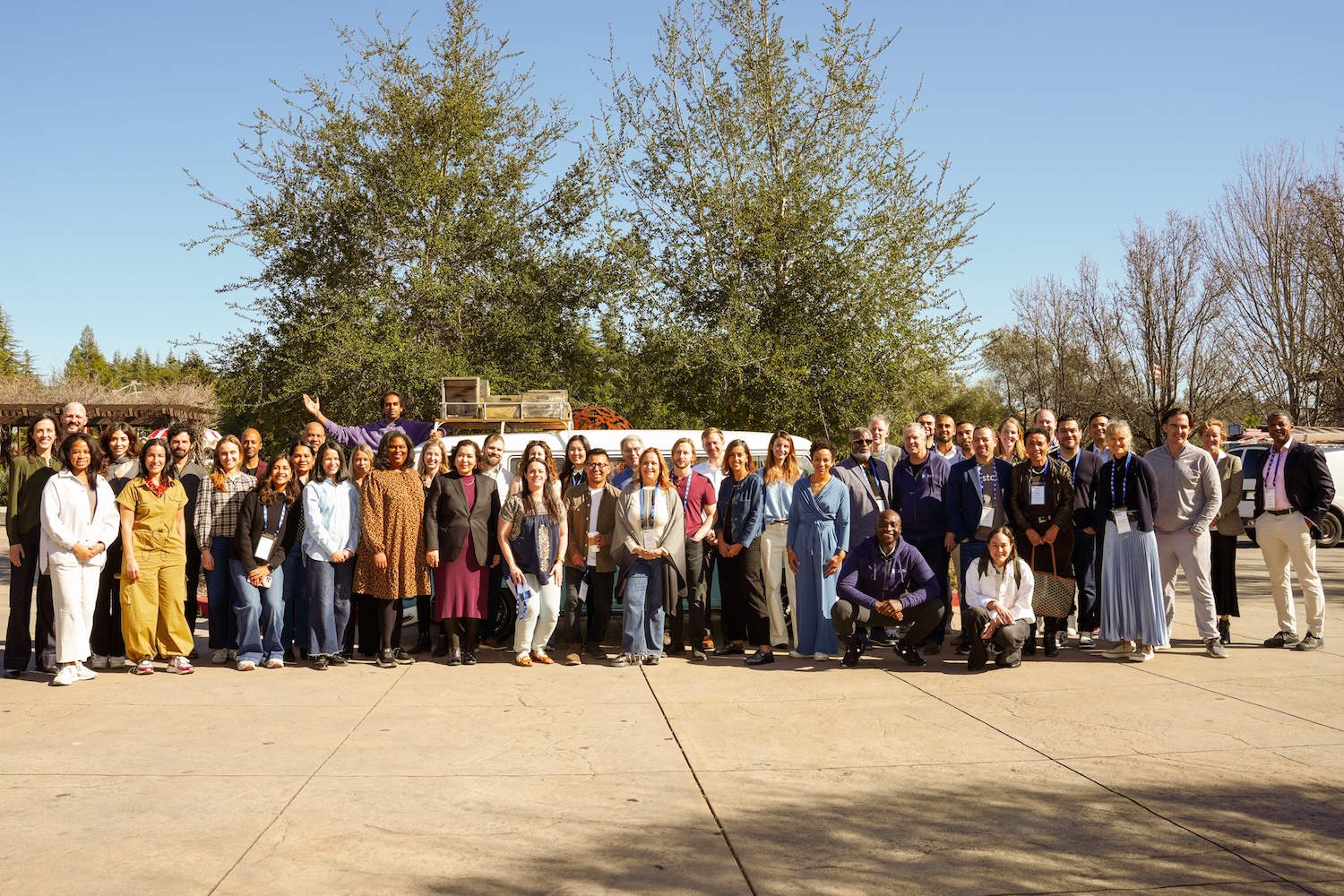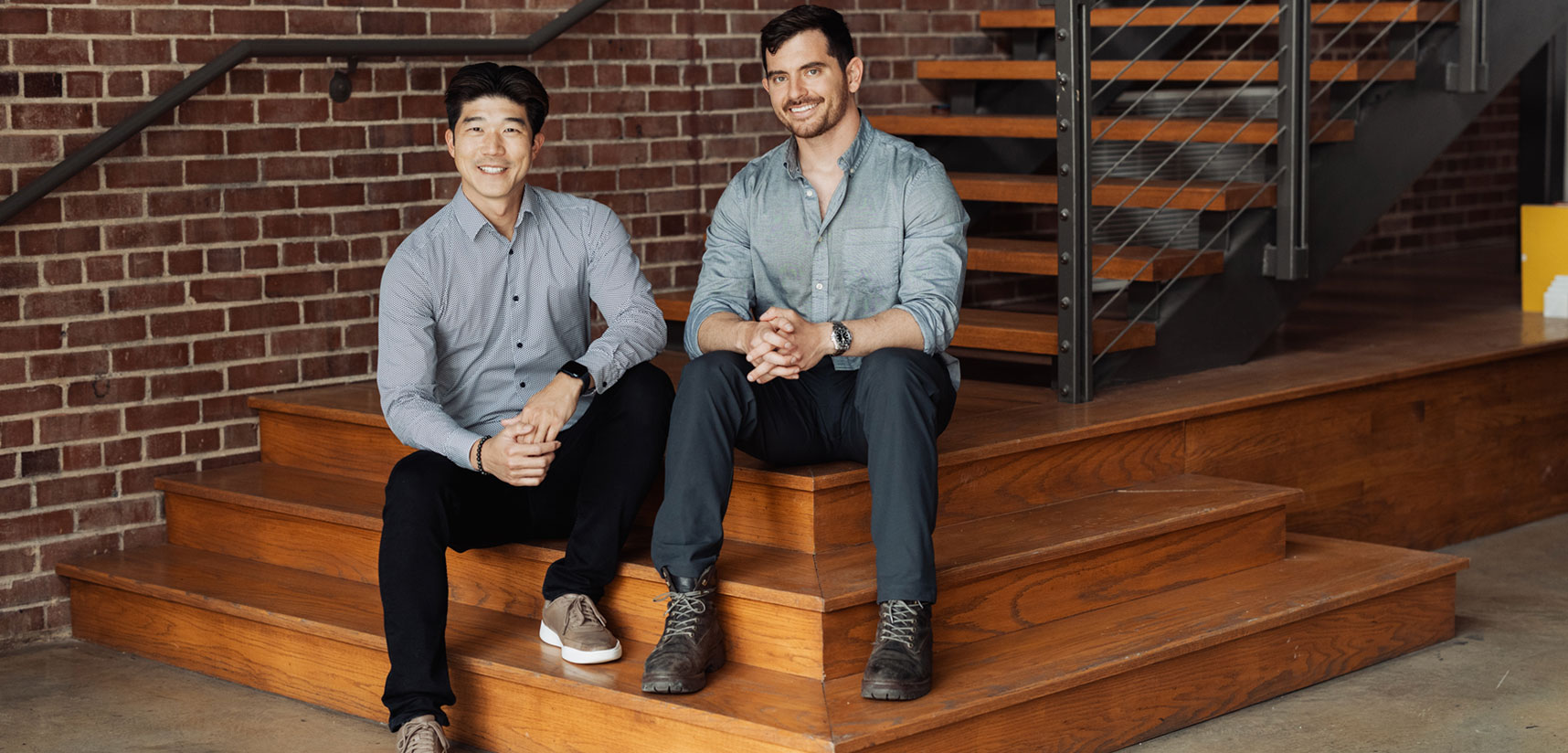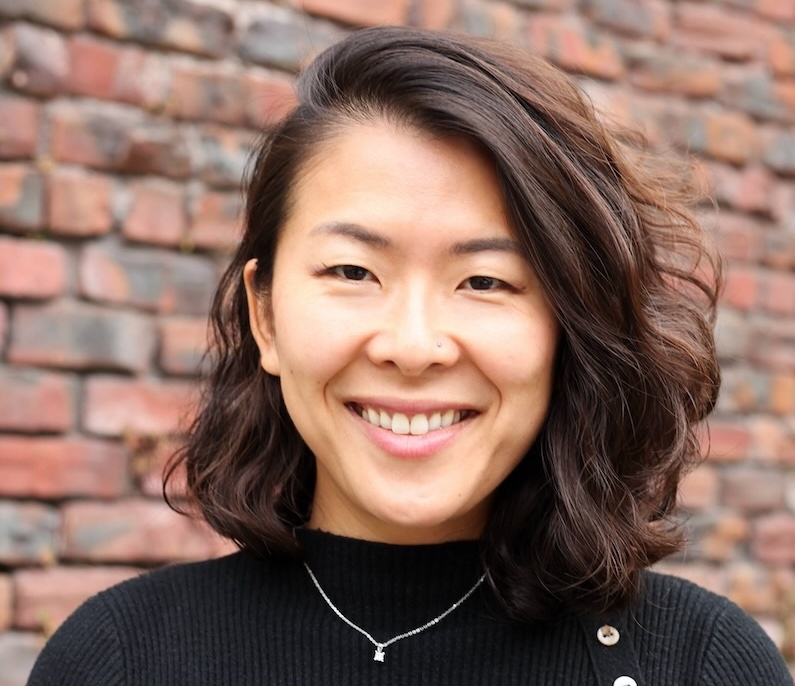In a year mostly bereft of good news, a bit of light broke through this July: According to a new analysis, poverty would drop by nearly half in 2021 compared to pre-pandemic levels. Due in large part to the government's coronavirus relief package, the numbers showed, some 20 million Americans will rise out of poverty this year—the fastest and largest change in the country's history.
It was an extraordinary turn of events. But will the gains stick? Experts argue that it will take a broader suite of interventions to correct deeply entrenched racial disparities in income and wealth. Before the pandemic, the majority of people experiencing poverty were people of color, and the typical Black or Hispanic family had one-tenth the wealth of its white counterpart. Despite the projected historic drop in poverty this year, the poverty rate is still expected to be disproportionately higher among people of color.
To remedy these issues in the long term, says Catherine Casey Nanda, the director of Acumen America, we need to back more mission-aligned businesses, which are designed to produce systemic change alongside wealth in underserved communities. But founders of such businesses have historically struggled to raise funds from traditional investors since they serve markets that may be overlooked or deemed high-risk. For entrepreneurs of color, who are more likely to keep dollars in underserved communities, the challenges have been even more pronounced: Black founders, for instance, raised just 1 percent of venture capital funding between 2016 and 2020.
Organizations like Acumen America are working to change that. Long supported by Barclays, Acumen America has 30 mission-aligned businesses in its portfolio, and the majority are BIPOC-led. “We're pleased to be partnering with community leaders who have great experience in providing solutions for the challenges they are facing,” said C.S. Venkatakrishnan, co-president of BBPLC and head of global markets. Below, you'll read about three Acumen businesses transforming their communities through new ventures in the tech, beauty, and restaurant industries.
“With all of our companies, we're looking for entrepreneurs that will build a successful business while transforming the system they operate within,” Nanda says. “Along with Barclays, we're trying to invest in early-stage business models that we believe can fundamentally disrupt systems of poverty and inequity in the U.S.”

Nikki and April Dominguez were not warmly welcomed on the venture capital circuit. “We had so many strikes against us,” April says. Strike 1: They're women. Strike 2: They have Native American and Latinx roots. Strike 3: Their company, Handsome, makes an app that is devoted to improving the careers and livelihoods of beauty industry workers, who are primarily low-wage earners and women of color.
Early on, the sisters pitched Handsome over 600 times. They felt they were written off—or used to boost diversity metrics—in at least 95 percent of meetings. “It was almost like you're laughed at, like, ‘Oh, that's cute, look at these two brown female founders coming in here wanting to serve the beauty industry,'” says Nikki, who worked as a stylist for more than a decade. “A lot of the venture capitalists that we spoke to didn't understand how huge the space is.”
The beauty industry employs well over one million people, but it is erratic and unforgiving. The majority of hair and nail salon workers live paycheck to paycheck or have scant savings. Benefits, including health care, are virtually nonexistent. These effects are felt most deeply among women—who outnumber men in the industry nearly ten to one—and minority communities, as more than one-third of barbers, for instance, are Black or Latinx, and most nail salons beauticians are foreign-born.
The COVID-19 pandemic exacerbated these issues, forcing many barbershops and salons to close their doors. In that moment, workers from all corners of the industry were looking for information and a sense of community. They found it on Handsome, a one-stop shop for education, professional development, and other resources. One user, Jenn O'Lane, a veteran stylist in California, likens it to Facebook, Instagram, and LinkedIn rolled into one. Plus, it's built with its users in mind; one beautician arrived to Handsome frustrated after mainstream platforms flagged her bikini wax photos as explicit content.
Since March 2020, Handsome's user interaction rate has grown by more than 1,000 percent. To the sisters, the app serves not just as a temporary salve but as a long-term way of fixing the beauty industry's deep-seeded problems. With community, education, and information, they hope, beauty workers will be able to better advocate for themselves and improve their working conditions. “Without the proper education and the proper connections to move forward within the industry, a lot of beauty industry workers can get stuck in some of the chain salon positions, and they don't know how to move forward,” says O'Lane, the veteran stylist. “Continued education is really important and it's really hard to find.”
As the company has grown, the Dominguez sisters have shifted their own priorities as entrepreneurs. They stopped seeking funds from the types of investors who underestimated them and their clientele. Instead, they leaned on groups, such as Acumen America, that understand that bringing stability to the industry—and narrowing wealth disparities in the process—requires a commitment to the people who make it run.
“We decided we are only going for funds that have proven to invest in people like us,” Nikki says. “It was this mindset of: When we make it—because we will—we want that capital to go back to more people that look like us.”

Pop quiz, courtesy of the entrepreneur Sam Polk: “Why does a burger and fries cost six bucks and a salad at a fancy chain cost 15 bucks?”
Easy: It's the ingredients, right?
No. “It's not the ingredients,” he says.
In fact, it's all about overhead. Fast-food restaurants run at hyperefficiency; actually, they are not restaurants, Polk says, so much as giant P.O. box freezers where frozen food is dropped off and then quickly fried. Meanwhile, the modern pricey salad joint is just the opposite: “It's like one guy chopping fresh chicken. That's too inefficient in terms of labor and real estate and capital costs to be able to charge anything less than $15.”
Polk saw the flaws and effects of this system, which makes nutrition and affordability mutually exclusive, up close in his hometown of Los Angeles. There, cheap fast-food chains are abundant in low-income neighborhoods, but healthy options are beyond most people's means. The result is a crisis of public health: Across L.A., nearly one in three households earning less than $70,000 is food insecure, and the majority among them are Latino. Food-insecure residents are more likely to suffer from obesity, depression, diabetes, and other ailments.
Polk, a former Wall Street trader, knew a better model was possible. So in 2017 he launched Everytable, a restaurant chain that keeps overhead low by preparing healthy meals in bulk at a central hub. Each restaurant is then able to adjust price points based on local neighborhood income. (In Compton, for instance, the average meal costs about $6.50.)
But Polk quickly found that a business lowering its prices on purpose made for a tough sell to venture capitalists. By the middle of Everytable's inaugural year, he was unsure whether payroll checks would continue to clear. That's when Acumen America came on as an investor. “They saw the business model, but they invested for the social good,” he says. “If not for them, we would not have made it.” In three years, revenue jumped from around $2.5 million to $30 million. Still, Polk believes his mission to deliver food justice won't be complete without addressing wealth inequality, too.
“The purpose of this company is to create a more just and equitable world,” Polk says. “We start out with the pricing and availability of food, which is super important. But the other way to look at that is, ‘Okay, so now you can eat fresh meals, but you still have no opportunity.'”
For Everytable, the holistic fix was a social equity franchising program. Introduced in 2020, the initiative puts budding entrepreneurs from disenfranchised communities on a track to own and operate their own Everytable storefront. Candidates work at Everytable to learn on the job and attend Everytable University for training. The company then provides a loan so that no up-front money is required to open a new storefront. Franchisees are also guaranteed a baseline salary for three years. “I feel like this is really going to give me some financial stability—not just for me but for my family,” says Dee Adimora, a leading franchisee candidate who has spent 30 years in the food service industry.
In the coming years, Polk plans to boost Everytable's footprint from eight locations to at least 65, and he wants Everytable University grads to run virtually every store. As he envisions the future, he hums with the confidence and buoyancy of a trader.
“We're just on the vanguard, pressing the limits and seeing what's possible,” he says. To Polk, Everytable is not merely a chain of fast-casual restaurants. Give him a little time to open new storefronts, to grant new opportunities, to prove out his business model. Let him scale up once, twice, again and again—and poof. “All of a sudden,” he says, “you'll have a new system that really works for people.”

Tech has brought unprecedented growth to certain pockets of California, but it hasn't uplifted all Californians equally.
“The technology industry has been fabulous at taking folks who already have opportunity in front of them and giving them more,” says Irma Olguin Jr. “But what we've not been able to do as an industry is take folks who weren't going to reach meaningful opportunities and help them access what the technology industry has to offer.”
Olguin Jr. would know. She's from Fresno, a city she describes as “arguably one of America's most broken places.” More than a quarter of Fresno residents—mostly people of color—live below the poverty line, nearly double the rate statewide.
Still, to Olguin Jr., the city is a diamond in the rough—and giving residents an opportunity in tech can help make the place shine. That's why, in 2013, she started Bitwise Industries, a company that trains people in underserved communities for careers in tech. Early on, however, investors were skeptical. Olguin Jr. found the fundraising process “excruciating” as she sought to prove that “paying people to learn” could become profitable. She bootstrapped it on her own for five years, she says—until 2019, when Acumen America backed the company's first major round of financing.
Bitwise has three main operations: training tech workers, developing software, and investing in real estate across several cities. (It also brings in revenue through consulting.) Its mission is to upskill those whom the tech industry would otherwise have left behind: those without a pricey college degree or the right formal training, those with a checkered past, those whose only mistake was being born in a farming town on the wrong side of a gaping wealth disparity.
It all starts with tech education. Bitwise students, the vast majority of whom are on scholarship, learn website and app building and coding before expanding into sales development, QA testing, and UI-UX design. To date, more than 5,000 students have participated in the workforce training program, ranging across ages and demographics. The majority of them are non-white, and nearly half are first-generation Americans.
As students study and train, they also work as paid apprentices in the tech industry (sometimes at Bitwise). Afterward, if a graduate is determined to go it alone, Bitwise may provide that budding entrepreneur some seed money. The goal—and indeed the result—is a more accessible tech industry.
“They're looking for underdogs,” says Miguel Hernandez, an online marketing analyst who joined Bitwise while serving probation. “Some of the people you meet used to be homeless, some were unable to get a job, some were in the military, some were incarcerated, such as myself.”
That level of inclusivity is an outlier across the greater job market, but Bitwise is fighting to change that. The company has created more than 15,000 jobs in Fresno alone—that's 15,000 people who just needed a chance. Thanks to Bitwise, they finally got one.
“The macro-level effect is we have an effect now on the GDP of these cities, which is a big deal,” Olguin Jr. says. “But it's those individual human beings who have a reliable car, who are paying the rent on time, who can tip when the pizza arrives and not feel guilty about it. You get to see that every single day in this work. That's the best part.”
This piece originally appeared on Atlantic Re:think.


.png)



